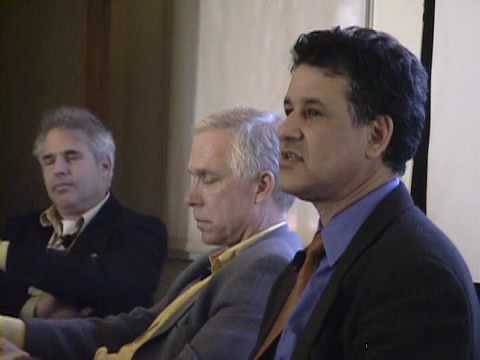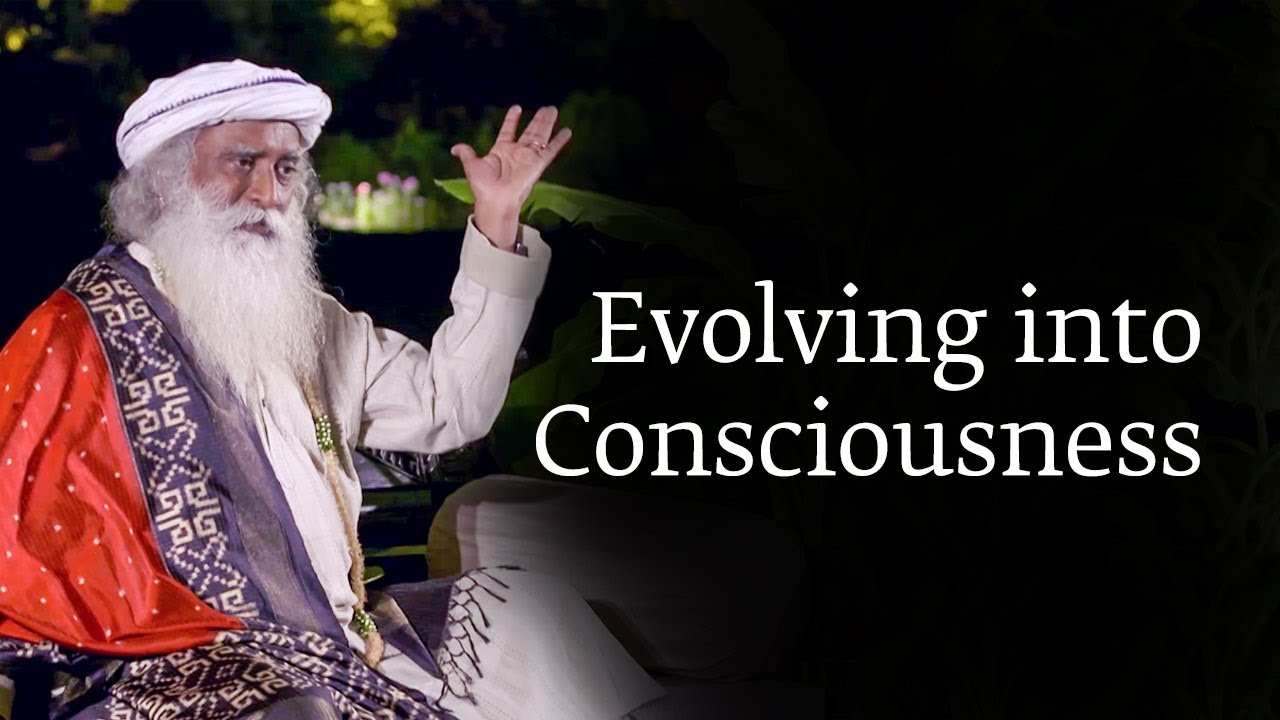Stanford Phil + Lit
Daniel Levitin of McGill University discussing evolutionary theories of music appreciation at “Evolution, Cognition, and the Arts,” a Stanford Philosophy and Literature colloquium, March 13, 2009.
Co-sponsored by Stanford Philosophy and Literature and the Stanford Humanities Center.
Source




Great upload, many thanks! I wish these conferences/seminars were filmed&made available online more often!
Fascinating. I completely enjoyed Mr. Levitin's books. I look forward to the next one.
I wasn't at the conference, but I suspect there is a strawman here. Pinker would not have suggested that "too much" music is bad for a person – if he did it was likely tongue-in-cheek. That point is not really relevant, however. Pinker's argument is, of course, that music is probably a byproduct of the auditory, language, and motor faculties of humans. In roughly 6 minutes of speaking, the only arguments Levitin makes that actually address Pinker's thoughts are 1) that music causes "older" parts of the brain to show activity, and 2) musical instruments are among the oldest and most advanced artifacts we find from ancient civilizations.
To the first point – this observation does not prove anything. In fact, one would expect that, if music were a byproduct of fundamental human systems like hearing, motor control, and vocalization, it would indeed show activity in the more fundamental parts of the brain.
To the second point – the argument of "technological" advancement is quite subjective and almost entirely unconvincing. We were clapping shells together when we were building fires, and playing rudimentary flutes (hollow wood with holes cut out) when we were building sea-faring vessels.
It is disappointing to see Levitin understand the metaphor of the cheesecake and explain is so clearly, then fail to deliver any meaningful arguments against it.
If music is auditory cheesecake, then poetry, literature, stories, and all other non-functional utterances are linguistic cheesecake.